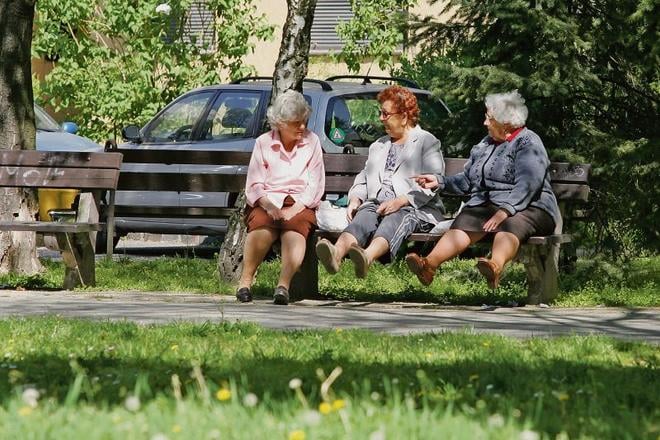EVERY senior living in Slovakia whose pension does not exceed 60 percent of the average monthly wage is entitled to a special old-age benefit, according to a law passed in 2006. Yet pensioners who move to another state of the European Union or the European Economic Area lose their eligibility for the benefit, the so-called Christmas allowance, regardless of how many years they have worked in Slovakia. Because of such practices the European Commission has referred Slovakia to the Court of Justice of the European Union (CJEU), saying that it is breaching “its obligations under EU law on social security coordination”.
On the other hand, the Labour Ministry says that the Christmas allowances fall under a different category of benefits for which EU law does not apply.
“Under EU law, entitlement to an old-age benefit cannot be conditional on a pensioner living in another member state where he or she claims the benefit,” reads the official statement of the EC. “This rule enables pensioners to move to another member state when they retire whilst retaining their pension.”
Thus, according to this rule, pensioners who receive Slovak statutory pensions but live in another EU country are at a disadvantage compared to pensioners who still live in Slovakia, Andrej Králik, head of the press and political department of the Representation of the EC in Slovakia, told The Slovak Spectator.
“Since the purpose of the Christmas allowance is to compensate for the increased living costs of pensioners, the benefit […] qualifies as an old-age benefit under EU rules on the coordination of the social security system,” Králik explained.
Though Slovakia does not face any sanctions, if it loses the case it will have to retroactively pay the allowances to any eligible pensioners who were denied them, Králik added.
According to the Hospodárske Noviny daily, this could amount to around €4.5 million.
Dispute over terms
Unlike the EC, the Labour Ministry stands by its explanation from April 2012, saying that the Christmas allowance is not subject to EU law.
“We believe that the Christmas allowance is, regarding its purpose and conditions for entitlement, a social assistance benefit, and not a social security benefit that would have to be paid outside the territory of Slovakia,” Labour Ministry spokesperson Michal Stuška told The Slovak Spectator. He added that people receive this benefit under specific conditions, based on the “assessment of individual criteria”.
However, everything will depend on the verdict of the CJEU, he added.
The argument that the Christmas allowance belongs to the state social assistance system will not be convincing enough and the CJEU will not take this into account, according to Radovan Pala from the TaylorWessing e/n/w/c Advokáti law firm. What will matter, however, is that the law classifies those who are entitled to the benefit as seniors who receive relatively low pensions, i.e. less than 60 percent of the average monthly wage, he added.
Moreover, the CJEU will, according to the opinion of the law firm, most likely judge the condition that the pensioner has to live in Slovakia as unjustified discrimination on the basis of residence.
In addition to this, the explanation of the EC is well-grounded and in compliance with the principle of the ban, even the indirect discrimination of EU citizens within the systems of social security, Pala said, adding that such a principle also enables people who have reached retirement age to move freely and live within the EU.
“It is necessary to realise that it is a neutral system which, however, in this specific case might have a negative impact on state finances, but on the other hand many Slovak pensioners draw social security benefits from other EU countries, and use these resources in Slovakia,” he told The Slovak Spectator.
When the EC first brought this practice to light, the Labour Ministry was managed by Jozef Mihál. According to him, if the state were to pay the Christmas allowance to pensioners living abroad, it would reward wealthy pensioners since they receive money from both Slovakia and the country in which they reside, Hospodárske Noviny wrote.
The only change his ministry made to the law was to enable people who live in Slovakia and receive both a Slovak and a foreign pension to qualify for the Christmas allowance, but without taking their foreign pension into account.
“I tried to handle it [in such a way] that we would not have to pay the sums to [those living] abroad since it is part of our system of state social benefits; it is not part of our pension system,” Mihál told the public broadcaster Slovak Radio.



 The old-age pension scheme will change, again. (source: SME)
The old-age pension scheme will change, again. (source: SME)